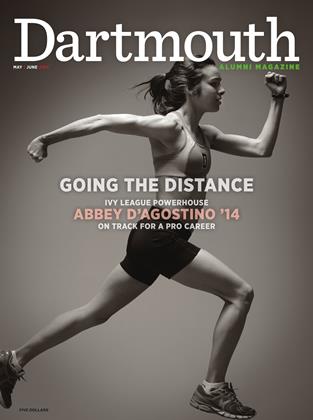People always have labels for others, neat little imaginary stickers that they attach to people’s foreheads to make it easier to understand where they fit in the world: black, white, Asian, Hispanic, old, young, rich, poor, immigrant, American, foreigner. it’s an easy task when individuals appear to fit into those neat categories, like items scanned at a supermarket, but it doesn’t work with multiracial people. You can scan and then rescan, but it’s hard to come up with an appropriate label. the curious few may ask, “Where are you from?” or “What are you?” But what if the labels people stick on you don’t fit your self-identity?
I’ve worn lots of labels in my life. Some with pride, some with discomfort, some unknowingly. I was born in America but lived in Japan until I was 7, when we moved to Arizona. When I was 18 I traded in my T-shirts and shorts for puffy down jackets and long underwear to attend Dartmouth. up to that time i’d been labeled ha-fu, the term for mixed race people in Japan, and gaijin, which means “foreigner” in japanese—also “new im- migrant,” “asian,” “biracial,” “asian american.”
I wanted a college that made diversity a prior- ity, where I could find role models and mentors. During my search I was in touch with the dean of Asian American students and was delighted to receive an email from one of the student Asian American organizations. Once I arrived on cam- pus, however, I changed my mind about partici- pating in this organization, as I felt that joining it would put me in a narrow category.
Given my Bangladeshi father and Japanese mother, I felt that the numerous Asian American organizations didn’t offer a community in which I could participate because they were country- specific. I felt that the East Asian students would doubt my authenticity if I showed up at one of the meetings because i didn’t look fully japanese. Because my dad hadn’t taught me about South Asian culture, I was afraid of being called out as fake or a poser if I tried to associate with the South Asians.
As a prospective student I had admired the diversity of student organizations and felt it was wonderful that so many diversity clubs and orga- nizations existed at the College, but at the end of the day as a biracial asian american i couldn’t find a space where I fit in and felt at home.
YUKI KONDO-SHAH '07
A double major in government and Asian and Mid- dle Eastern studies, Kondo-Shah works as a public diplomacy officer at the U.S. embassy in Bolivia.
Essays excerpted with permission from Mixed: Multiracial College Students Tell Their Life Stories, edited by Andrew Garrod, Robert Kilkenny and Christina Gomez (Cornell University, 2013). Garrod is a professor emeritus of
“i’Ve Worn lotS OF LABELS IN MY LIFE. SOME WITH PRIDE, SOME WITH DISCOMFORT, SOME WITHOUT EVEN KNOWING THE LABEL WAS applied to me.”
 View Full Issue
View Full Issue
More From This Issue
-
 Feature
FeatureZoology
May | June 2014 By C.J. Hughes ’92 -
 Feature
FeatureGOOD HAIR
May | June 2014 By Ana Sofia De Brito ’12 -
 Feature
FeatureSEEKING TO BE WHOLE
May | June 2014 By Shannon Joyce Prince ’09 -
 Sports
SportsOut of Nowhere
May | June 2014 By SARAH LORGE BUTLER -
 OUTSIDE
OUTSIDEConfluences
May | June 2014 By MICHAEL CALDWELL ’75 -
 ON THE JOB
ON THE JOBKeeper of the Golden Gate
May | June 2014 By ALEC SCOTT ’89








